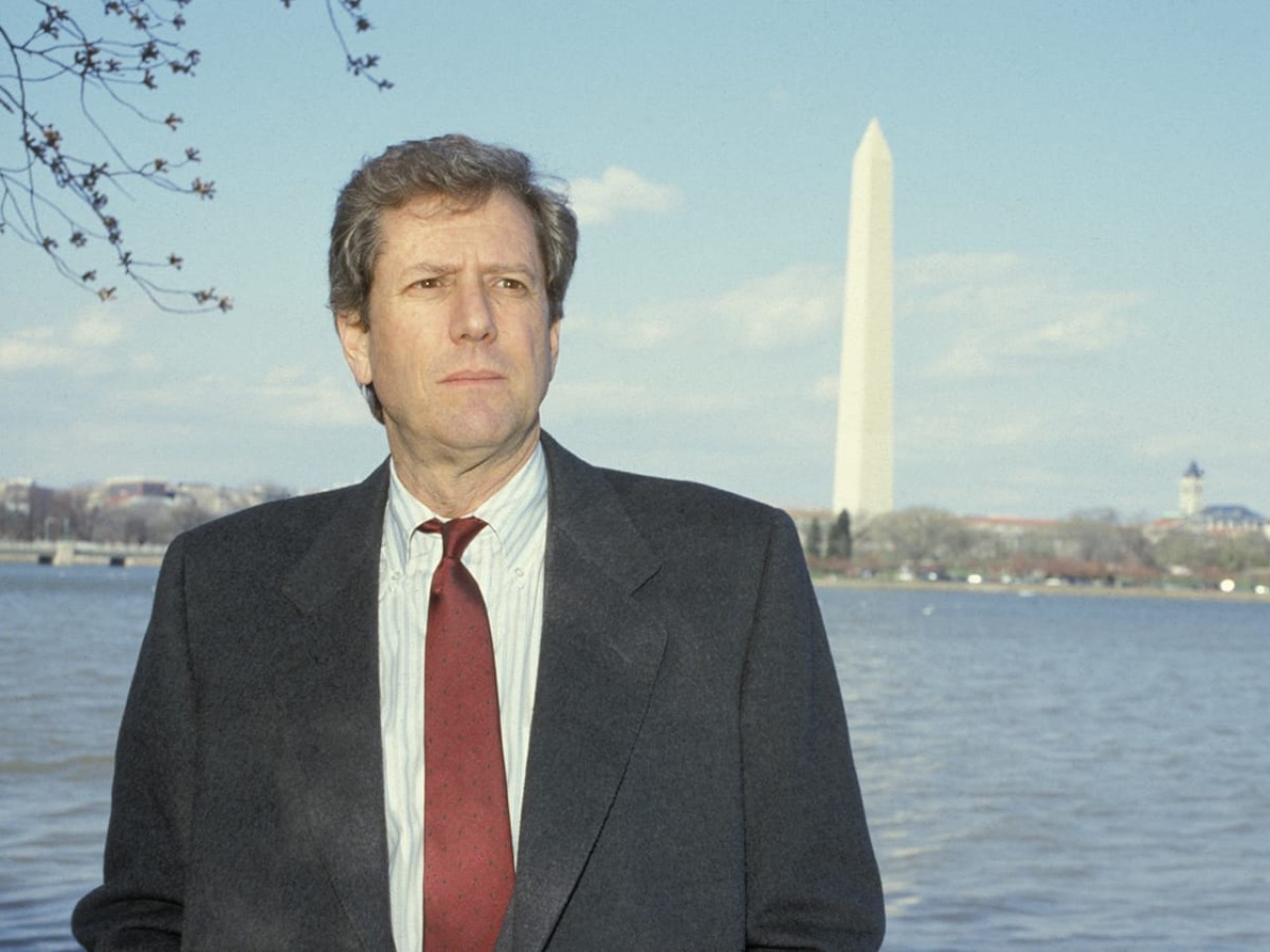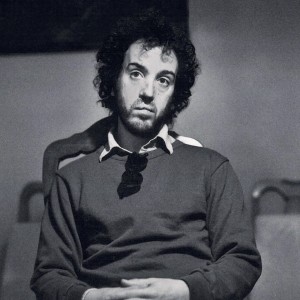Tanner ’88

In 1988, renegade filmmaker Robert Altman and Pulitzer Prize–winning Doonesbury cartoonist Garry Trudeau created a presidential candidate, ran him alongside the other hopefuls during the primary season, and presented their media campaign as a cross between a soap opera and TV news. The result was the groundbreaking Tanner ’88, a piercing satire of media-age American politics, in which actors Michael Murphy (as contender Jack Tanner) and Cynthia Nixon (as his daughter) rub elbows on the campaign trail with real-life political players Jesse Jackson, Gary Hart, Bob Dole, Ralph Nader, Kitty Dukakis, and Gloria Steinem, among many others. The Criterion Collection is proud to present the complete eleven-episode television series—more relevant today than ever.
Director-Approved Two-DVD Special Edition Features
- Episode introductions featuring original cast members created for Sundance Channel’s 2004 broadcast of Tanner ’88
- Conversation between series creators Robert Altman and Garry Trudeau
- English subtitles for the deaf and hard of hearing
- PLUS: Essays by film critic Michael Wilmington and culture critic Gary Kornblau
Cover by Steward Cauley
Director-Approved Two-DVD Special Edition Features
- Episode introductions featuring original cast members created for Sundance Channel’s 2004 broadcast of Tanner ’88
- Conversation between series creators Robert Altman and Garry Trudeau
- English subtitles for the deaf and hard of hearing
- PLUS: Essays by film critic Michael Wilmington and culture critic Gary Kornblau
Cover by Steward Cauley

Cast
- Michael Murphy
- Jack Tanner
- Pamela Reed
- TJ Cavanaugh
- Cynthia Nixon
- Alex Tanner
- Kevin J. O’Connor
- Hayes Haggerty
- Daniel Jenkins
- Stringer Kincaid
- Jim Fyfe
- Emile Berkoff
- Matt Malloy
- Deke Connors
- Ilana Levine
- Andrea Spinelli
- Richard Cox
- David Seidelman
- Veronica Cartwright
- Molly Hark
- Sandra Bowie
- Stevie Chevalier
- Wendy Crewson
- Joanna Buckley
- E.G. Marshall
- General John Tanner
- Frank Barhydt
- Frank Gatling
Credits
- Director
- Robert Altman
- Screenplay
- Garry Trudeau
- Producer
- Scott Bushnell
- Cinematography
- Jean Lepine
- Art direction
- Stephen Altman
- Art direction
- Jerry Fleming
- Editing
- Sean-Michael Connor
- Editing
- Alison Ellwood
- Editing
- Mark Fish
- Editing
- Ruth Foster
- Supervising film editor
- Dorian Harris
- Line producer
- Mark Jaffe
- Associate director
- Allan Nichols
- Associate producer
- Matthew Seig
- Associate producer
- Frank Barhydt
- Political consultant
- Sydney Blumenthal












